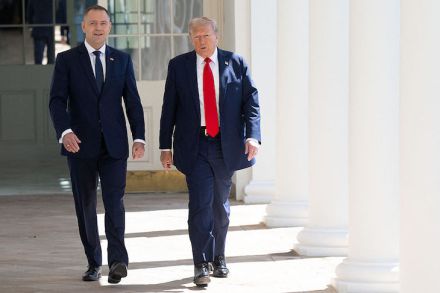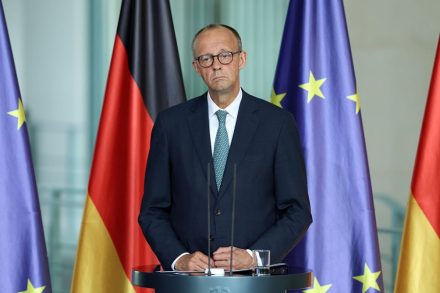Will Britain ever join the EU’s defence loan scheme?
Nick Thomas-Symonds holds the venerable position of His Majesty’s Paymaster General, which, ironically as we shall see, was once in charge of the finances of the armed forces. His main responsibility in government, however, is as minister for the constitution and European Union relations, and it was that hat he wore this week to visit the European Commission in Brussels. Thomas-Symonds is the man doing the hard yards to advance the government’s ‘reset’ of UK-EU relations and turn the warm rhetoric of the ‘Common Understanding’ agreed in May into tangible results. The parties have already concluded a Security and Defence Partnership, but the Common Understanding had an important proviso: The





















